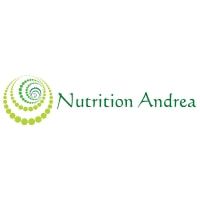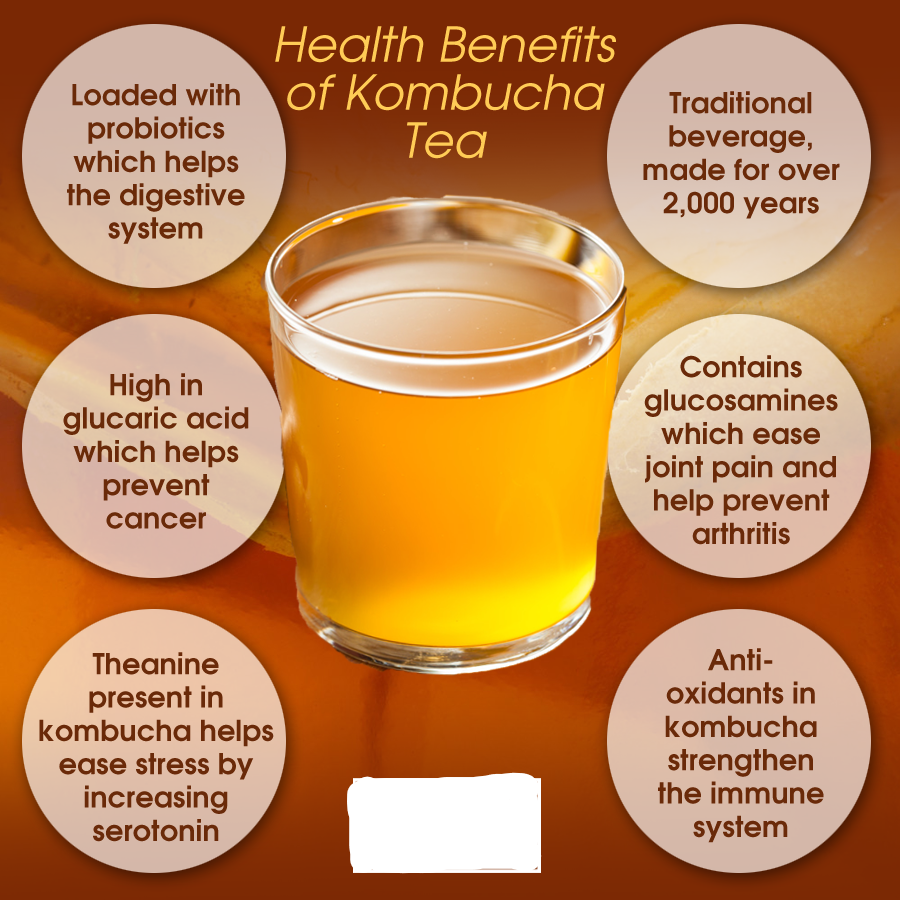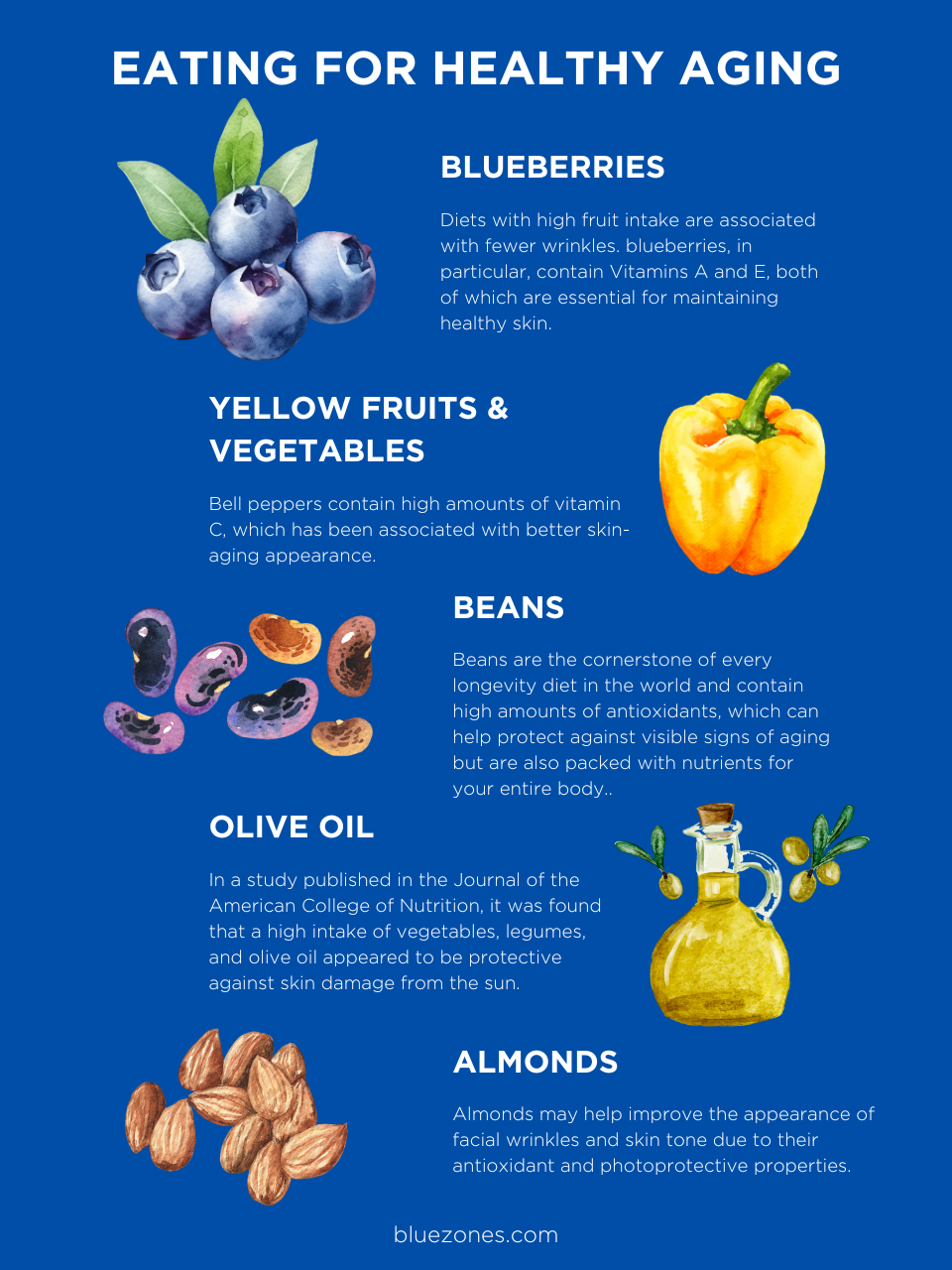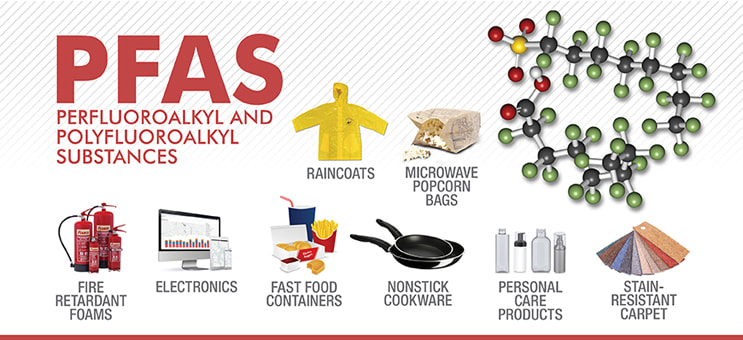|
Autoimmune diseases, among the most common disorders of young adults, are known to be affected by genetic and environmental factors, including vitamin D deficiency and fatty acids. In an earlier study, researchers found that high levels of salt also contribute to the development of multiple sclerosis, an autoimmune disease of the central nervous system. Specifically, they observed that high salt induces inflammation in a type of immune cell known as CD4 T cells, while also causing a loss of regulatory T cell function. This, they found, is mediated by a salt-sensitive kinase, or enzyme critical for cell signaling, known as SGK-1.
A protein involved in immune function [PRDM1-S] induced increased expression of the salt-sensitive SGK-1 enzyme, leading to disruption of regulatory T cells, the researchers found. Moreover, they found similar overexpression of the protein involved in immune function, PRDM1-S, in other autoimmune diseases, suggesting that it may be a common feature of regulatory T cell dysfunction. Scientists are now developing drugs that can target and decrease expression of the specific protein involved in immune function in regulatory T cells. Researchers at the University of North Carolina Chapel Hill [my alma mater] have found that kombuchas' microbes directly influence the proteins needed to break down fat. This influence produced a cellular effect much like that of fasting. There has been much info and research recently about the benefits of Intermittent Fasting. But some people cannot participate in IF or not every day. Kombucha is easy to obtain at grocery stores, convenience stores or large chains, and include in your daily routine.
Kombucha has also been linked to positive blood sugar outcomes for those with type 2 diabetes, as well as showing great potential as an inflammation reducing antioxidant and antibacterial. Read more here. https://journals.plos.org/plosgenetics/article?id=10.1371/journal.pgen.1011003 A surprising therapy is showing promise for chronic pain, vision loss, and muscle recovery, among other conditions. Early human trials suggest it may help us heal in new ways as well. This growing field goes by several names. Light therapy. Phototherapy. Photobiomodulation.It leverages known effects of light on human health — such as skin exposure to ultraviolet light producing vitamin D or blue light's power to regulate human body clocks — to take light as medicine in surprising new directions.
Some areas of research - Red Light Could Restore Vision; Green Light for Pain Relief; Helping Muscles Recover With Red Light. Read more here - https://www.medscape.com/viewarticle/phototherapy-how-light-helping-patients-heal-new-ways-2024a1000epe?ecd=WNL_mdpls_240809_mscpedit_wir_etid6734576&uac=462671FR&spon=17&impID=6734576 Once upon a time, worry about wrinkles was a concern of 'older' women. Nowadays, people often begin Botox-type injections in their 20 or 30's. Recent nutrition studies have shown that eating foods rich in nutrients that support skin health–including antioxidants, vitamins, and microminerals–can improve skin structure and moisture, and protect against sun damage. As we age, a healthy diet can also naturally lessen the production and severity of wrinkles. Healthy diets may contribute to wrinkle reduction due to several factors, including the presence of antioxidants, the anti-inflammatory properties of healthy foods, and higher concentrations of nutrients that protect against sun damage and improve collagen production. Studies show that healthy diets are associated with less facial wrinkles: Diets with high fruit intake are associated with fewer wrinkles. Yellow vegetables and soy can be particularly protective against wrinkles. High intake of vegetables, beans, and olive oil can be protective against instances of pre-cancerous sun damage, while high intake of meat and dairy products produces adverse effects. Daily almond consumption may reduce wrinkle severity. As one would expect, diets comprised predominantly of meat and junk foods are associated with more wrinkles. from https://www.bluezones.com/2024/02/can-you-naturally-reduce-wrinkles-with-food/ Higher amounts of the artificial sweetener xylitol might raise the risk of heart attack and stroke, a new study warns.
Xylitol is a zero-calorie sugar alcohol commonly used in many products, including sugar-free candy, chewing gum, baked goods and toothpastes, researchers said. But high blood levels of the sweetener is associated with an increased risk of suffering a heart attack, stroke or other heart event within three years, according to analysis of more than 3,000 patients in the United States and Europe, researchers reported June 6 in the European Heart Journal. In the lab, the investigators discovered that xylitol causes platelets to clot, increasing the risk of blood clots. Every measure of a person’s clotting ability increased immediately after a test subject downed a xylitol-sweetened drink, but not after they sipped a sugar-sweetened product. from https://www.healthday.com/health-news/nutrition/artificial-sweetener-xylitol-linked-to-heart-attack-stroke Kombucha tea may be able to deliver the benefits of fasting, without the hardest part – the fasting itself.
|
AuthorWrite something about yourself. No need to be fancy, just an overview. Archives
October 2024
Categories |







 RSS Feed
RSS Feed